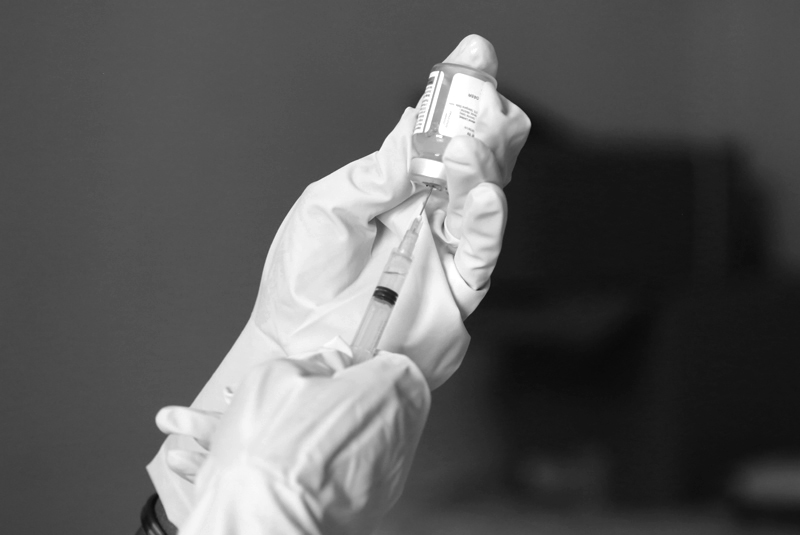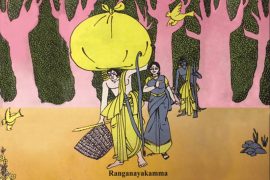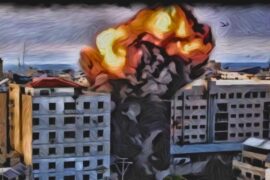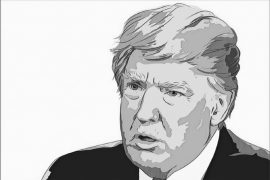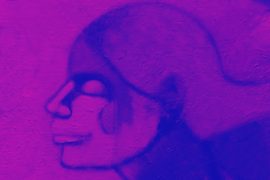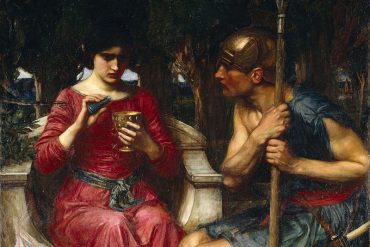The rain washes away the loose soil revealing shallow graves; corpses seem like fishes out of the holy river; a lone man stands in a field of flames. India is in ruins. WhatsApp and other social media sites are awash with cries for oxygen and magical drugs, while vaccine slots vanish into thin air. Well, the drowning man clutches at the straw they say. In a country overwhelmed and a population disillusioned, it is only natural to turn to any cure–or even a promise of a cure–wherever available.
In 1947, during an NBC Radio discussion on the plight of France, the American economist Milton Freidman had remarked that from a ‘coldly economic point of view,’ though morally ‘reprehensible,’ black markets have been a blessing for France. He clarified the statement by mentioning that black markets do not deserve approval, but are in reality a lesser evil. Yet, post-war France threatened by a possible communist uprising was a very different setting when compared to a pandemic ravaging the second most populated nation, killing thousands each day. In today’s context, morality seems to be all that is left of Freidman’s hypothesis.
The question might arise: what morality can be expected of an immoral trade? The second wave may have the answer. With medical institutions failing to cope with the morbid tide of infections, a thriving black market has rushed in to fill the gaps. While many have come forward to connect the needy to the resources, most prey on the desperate; and in an environment where a man can face jail time for asking for supplies online, the existence of this ‘reprehensible’ trade is hardly a surprise.
-30-
Copyright©Madras Courier, All Rights Reserved. You may share using our article tools. Please don't cut articles from madrascourier.com and redistribute by email, post to the web, mobile phone or social media.Please send in your feed back and comments to [email protected]

